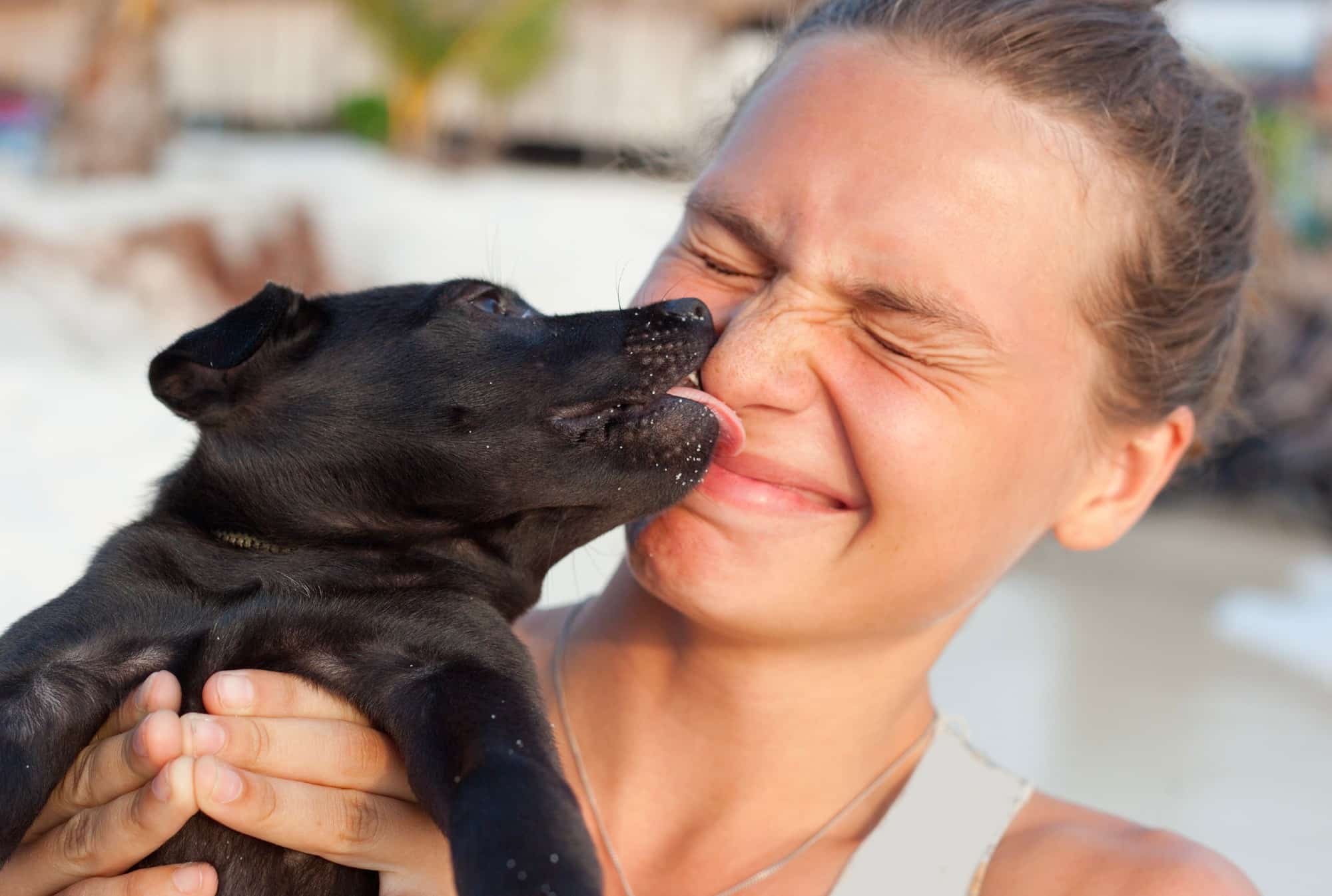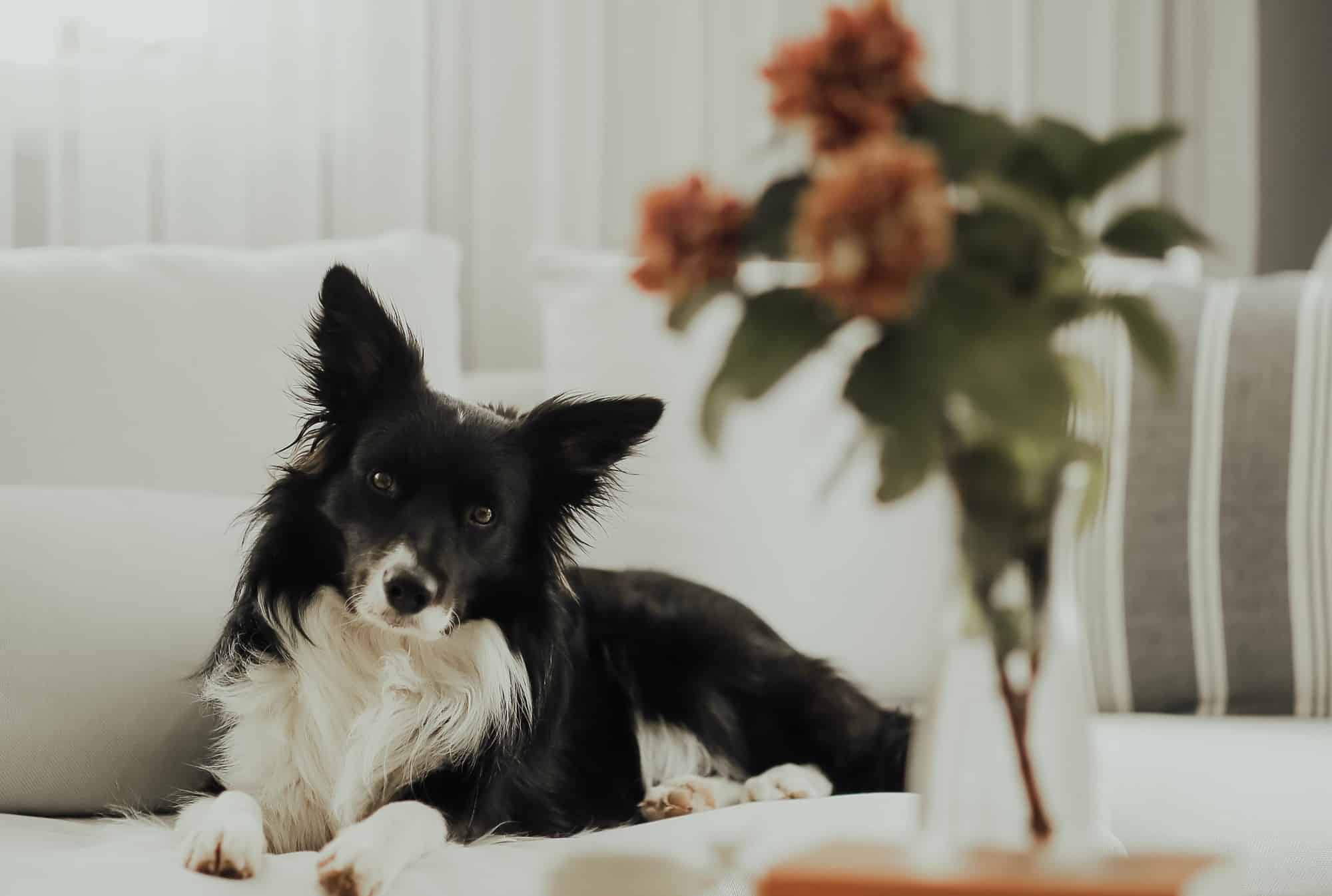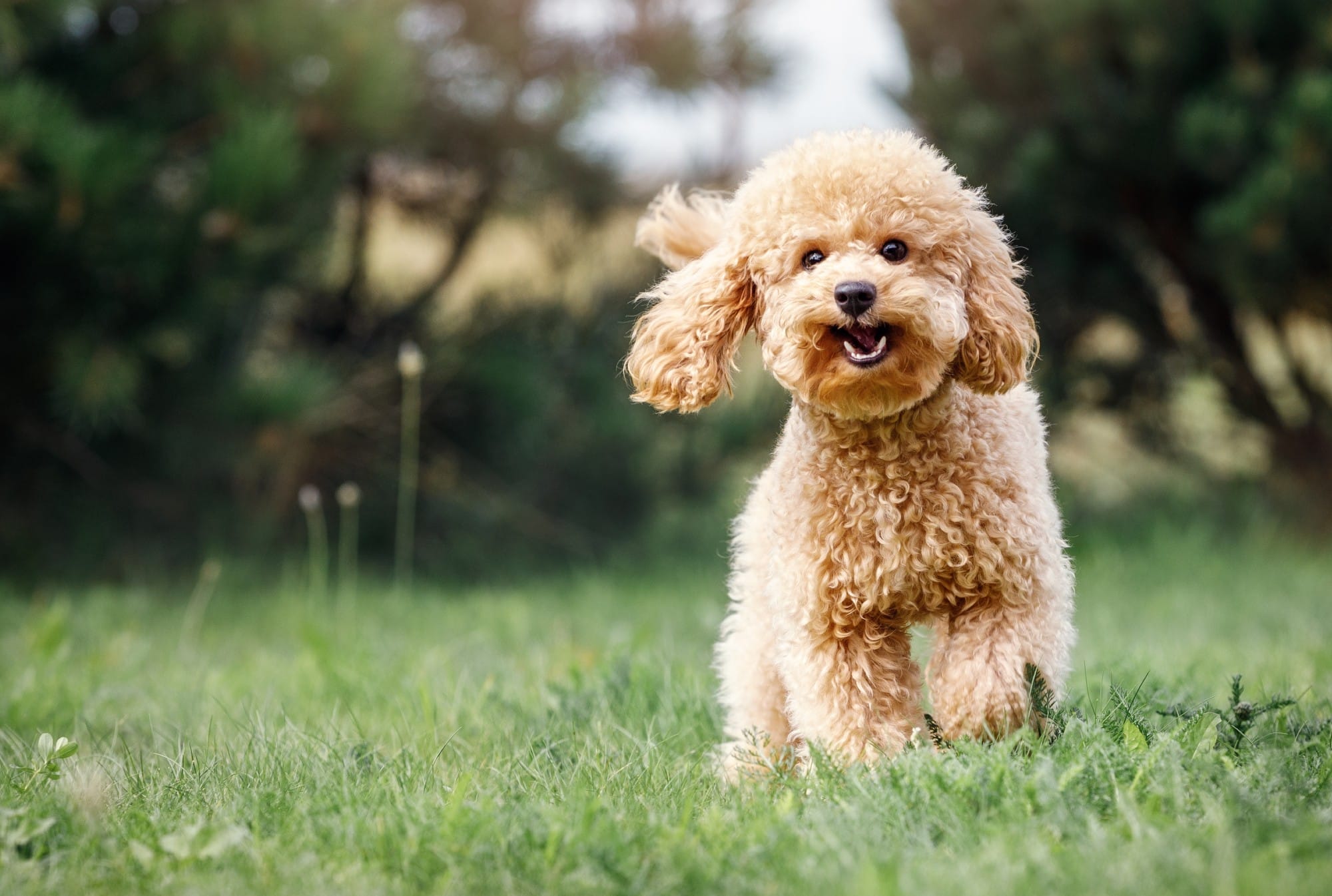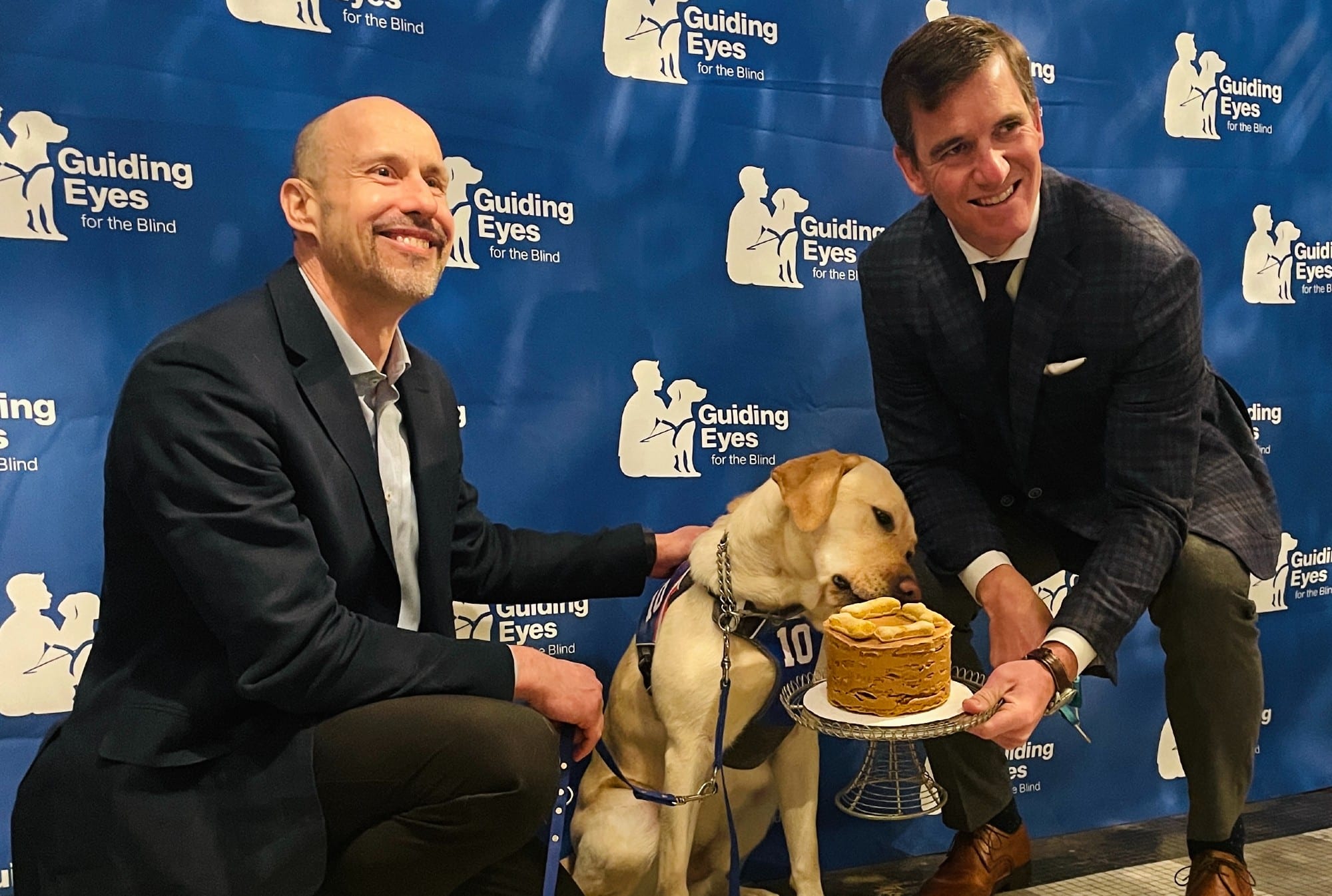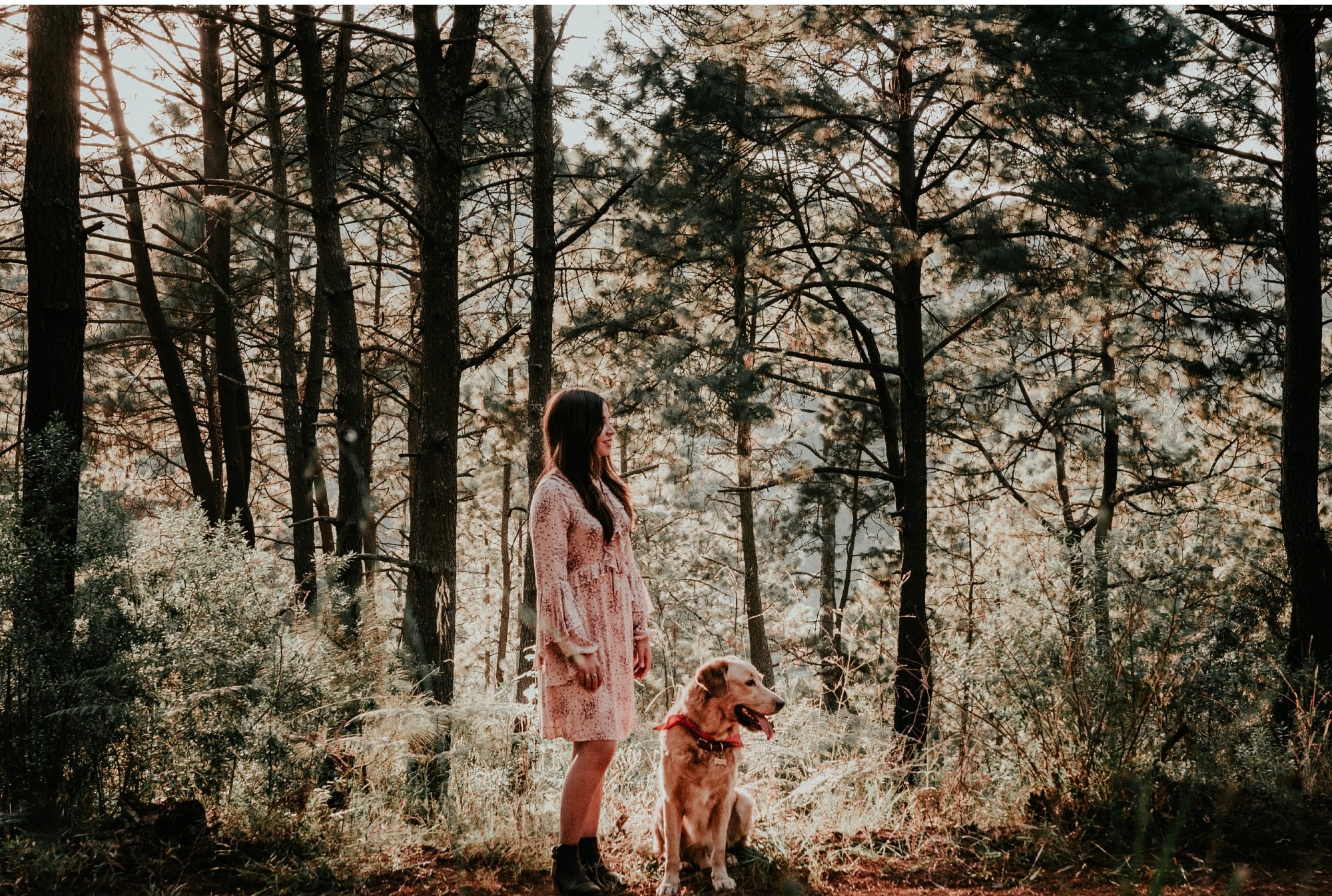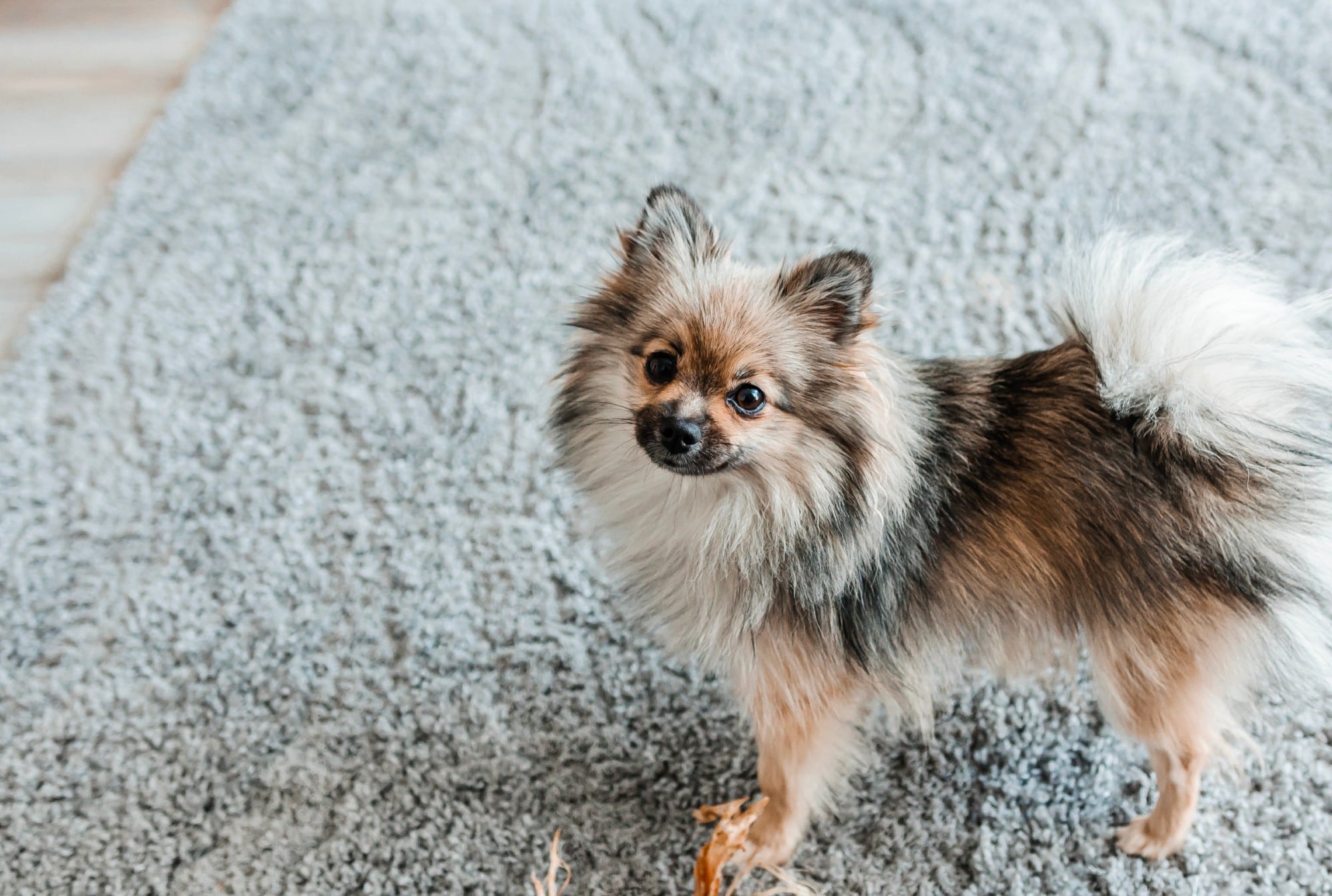We all know why we love dogs – the unconditional love, loyalty, and joy they bring us, to name a few reasons But have you ever wondered why they love us so much?
Researchers at Azabu University in Japan set out to find the answer.
After examining dogs’ DNA and having them perform tasks, they discovered gene mutations in dogs that make them more relaxed and friendlier when interacting with us in comparison to their ancestors, the wolves.
Related: Can Dogs Be Introverts?
The team looked at 624 dogs to study how attached and reliant they were on humans. They divided the dogs into two groups: the Ancient group, which consisted of breeds whose DNA is closer to their wolf relative, like Huskies and Akitas, and the General group that consisted of all the other dog breeds.
They had the dogs perform two tasks. In the first one, the dog had to choose which bowl had food under it and looked for guidance from people who were instructed to point, tap, and look at the correct bowl. This was to analyze the dog’s comprehension of human gestures. The team found there was no difference between the two groups.
For the next assignment, the dogs, again split into two groups, were tasked with an impossible challenge: opening up a bin of dog food that could not actually be opened. The researchers tracked how often and how long a dog looked at people for help to get the container opened. They found that the Ancient group, the one closer related to wolves, relied less on humans than the General group. The team believes this can be attributed to the General group being more attached to humans.
Related: At the End of Ice Age, at Least 5 Different Types of Dog Breeds Existed
The team compared the groups’ results to their DNA. They found that certain gene mutations may be the reason dogs are more attached to us and friendlier than they were in the past, when they were wild.
One of the genes is oxytocin, or the “love hormone,” which is associated with trust, empathy, and bonding. This was represented in task one, meaning both groups’ DNA experienced this gene mutation.
The other gene is related to the production of cortisol, or the stress hormone. There was a difference in mutations between the Ancient group and General group. Because the General group relied more on humans in task two, the belief is that as dogs became domesticated and more reliant on people, they needed to be less wary and therefore their stress levels changed to be lower.
“This is the first genetic demonstration that supports the hypothesis that mutations in the stress response system initiated canine domestication,” the study’s senior author Miho Nagasawa, an animal scientist at Azabu University in Japan, said in a statement.
The research was first published in Scientific Reports.













